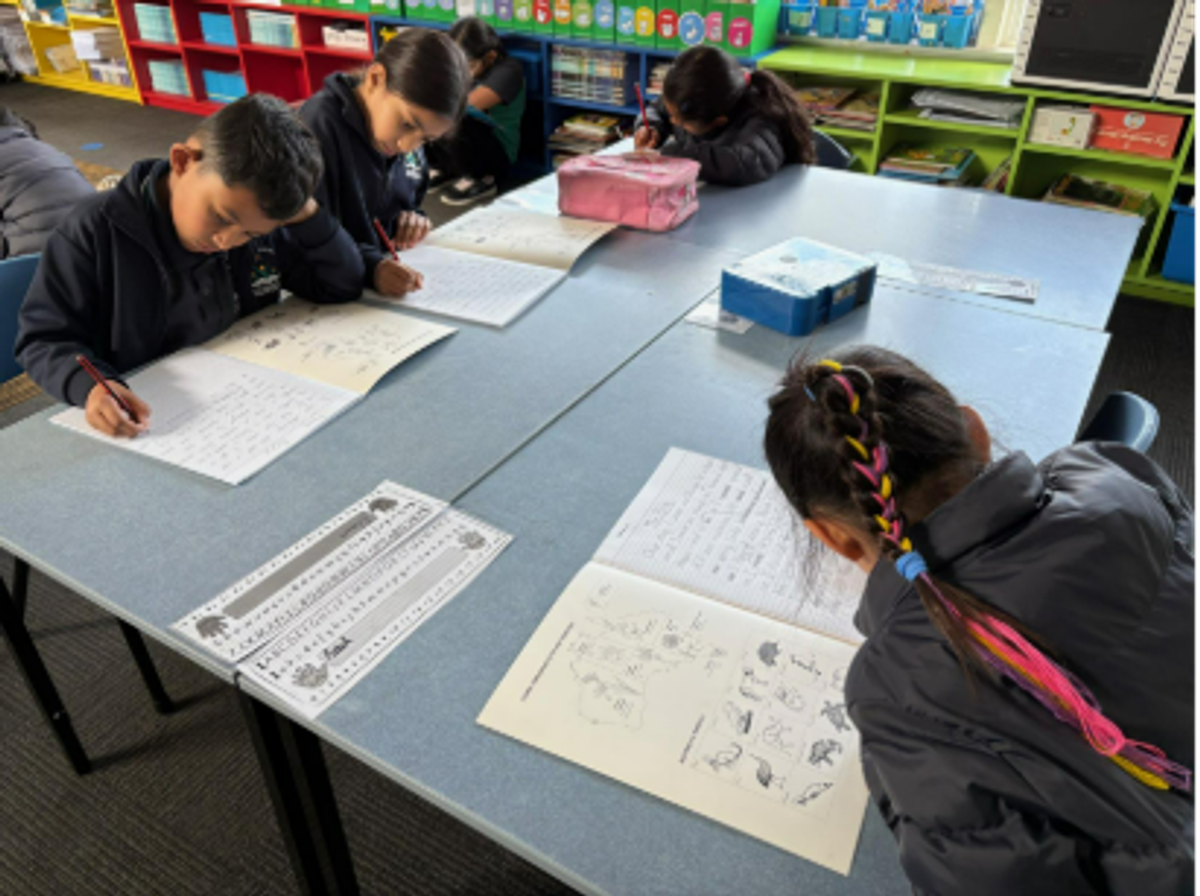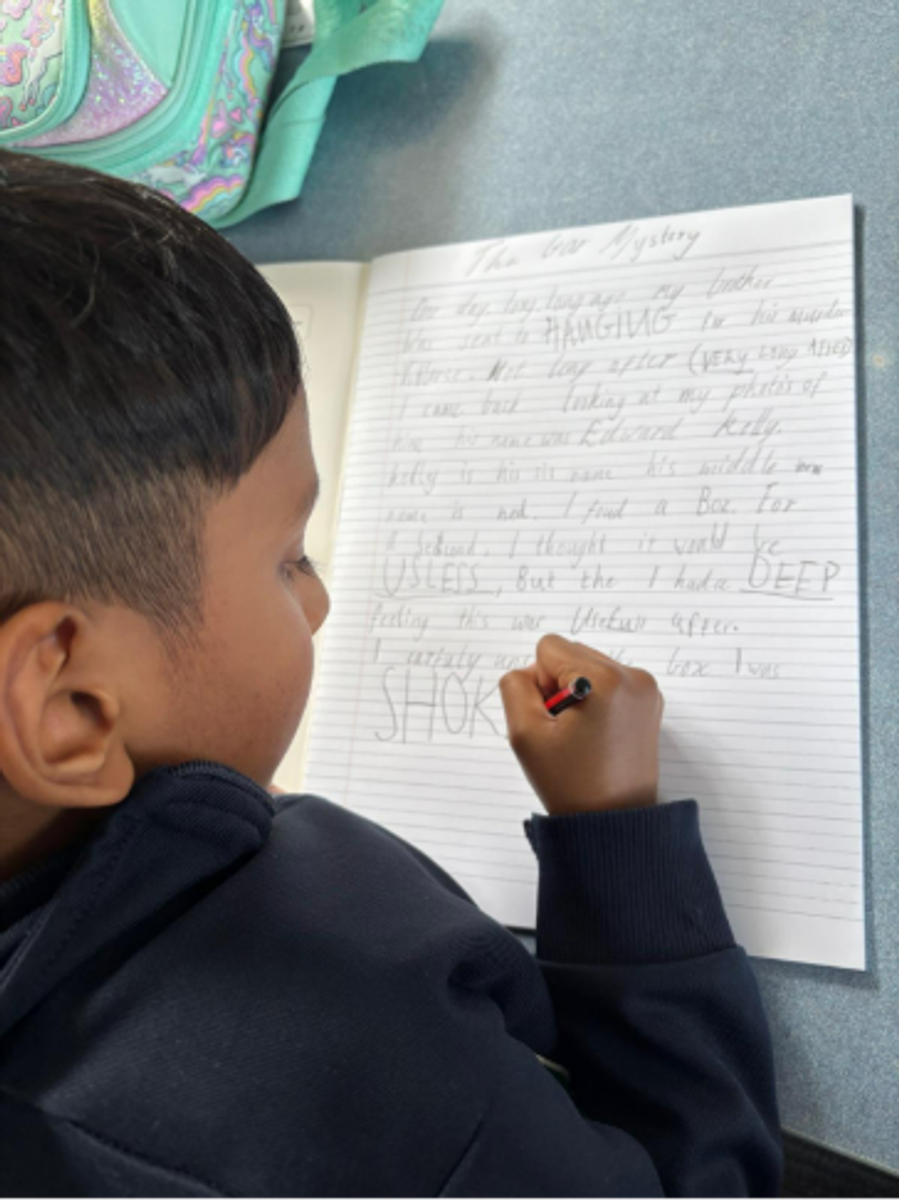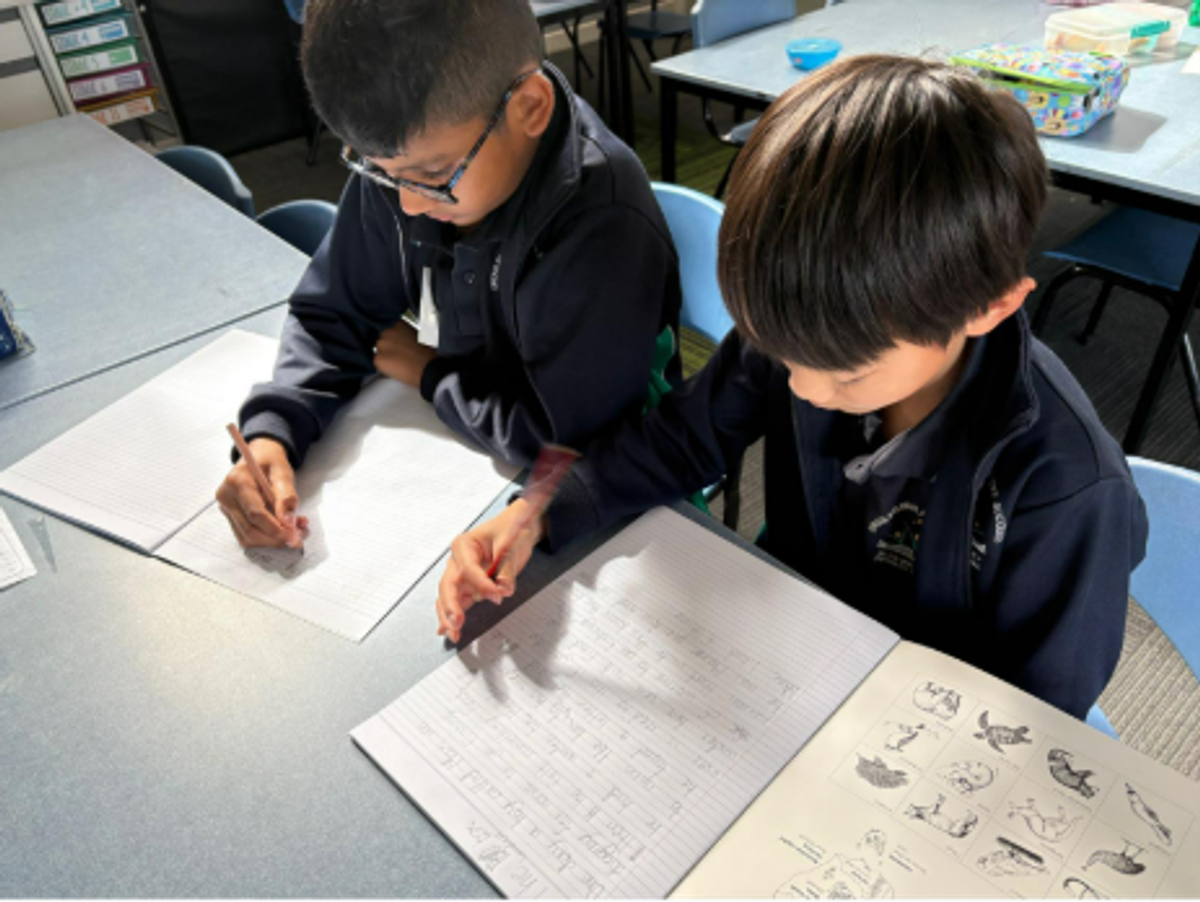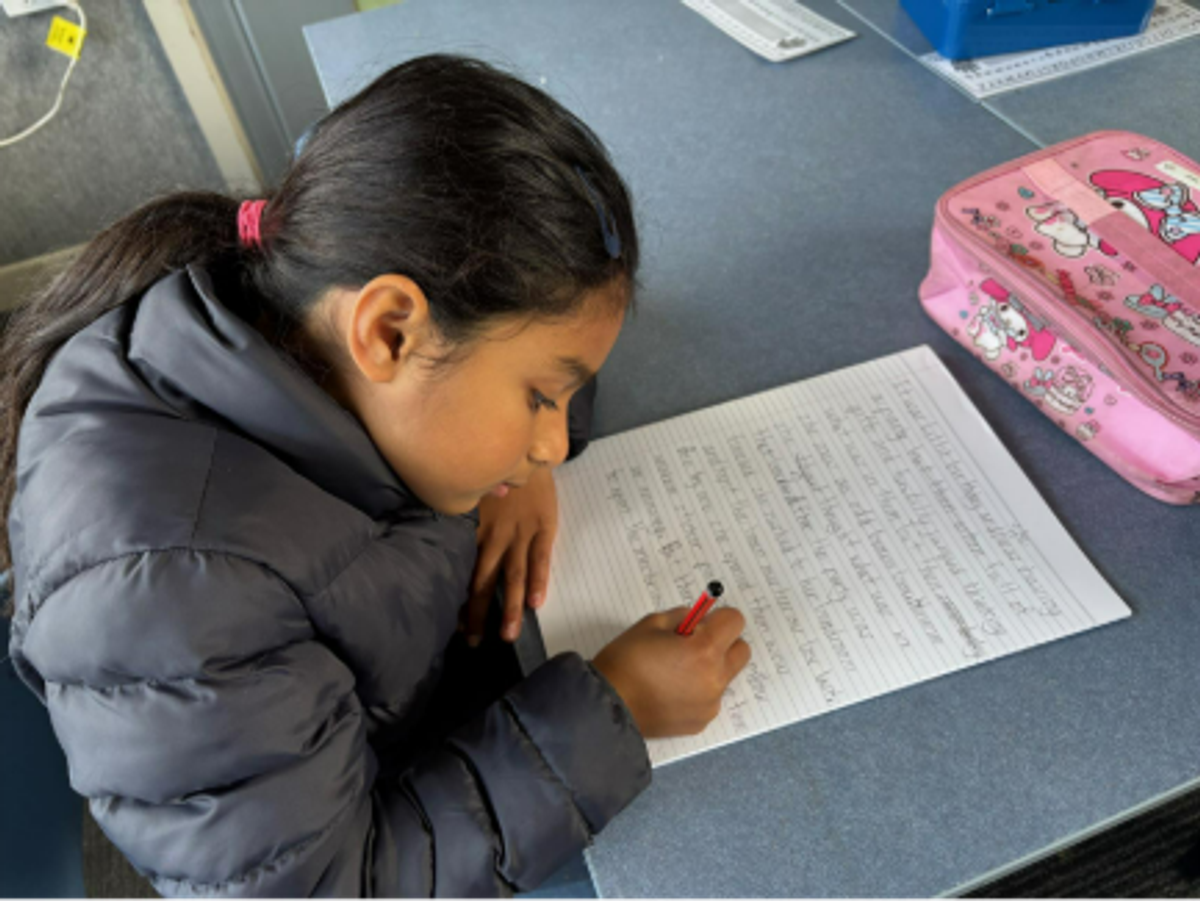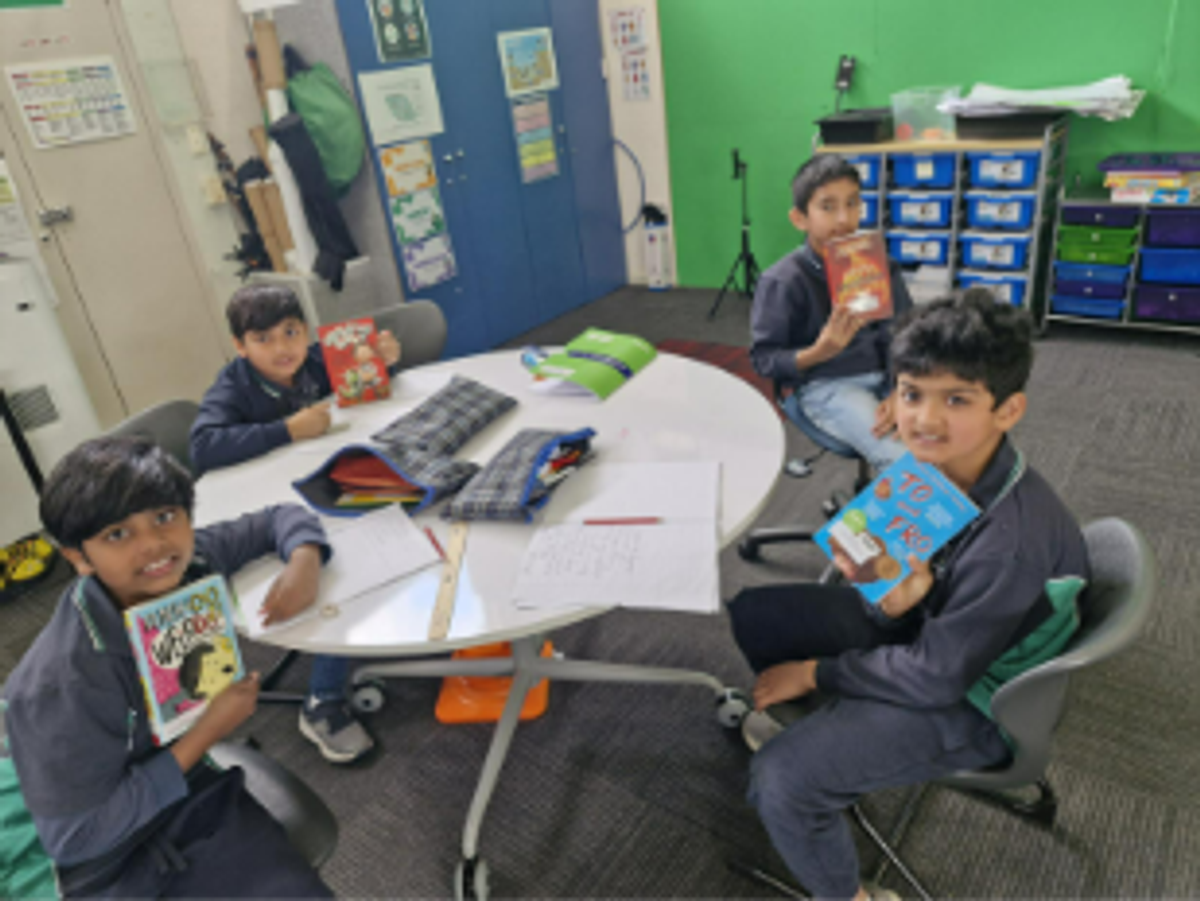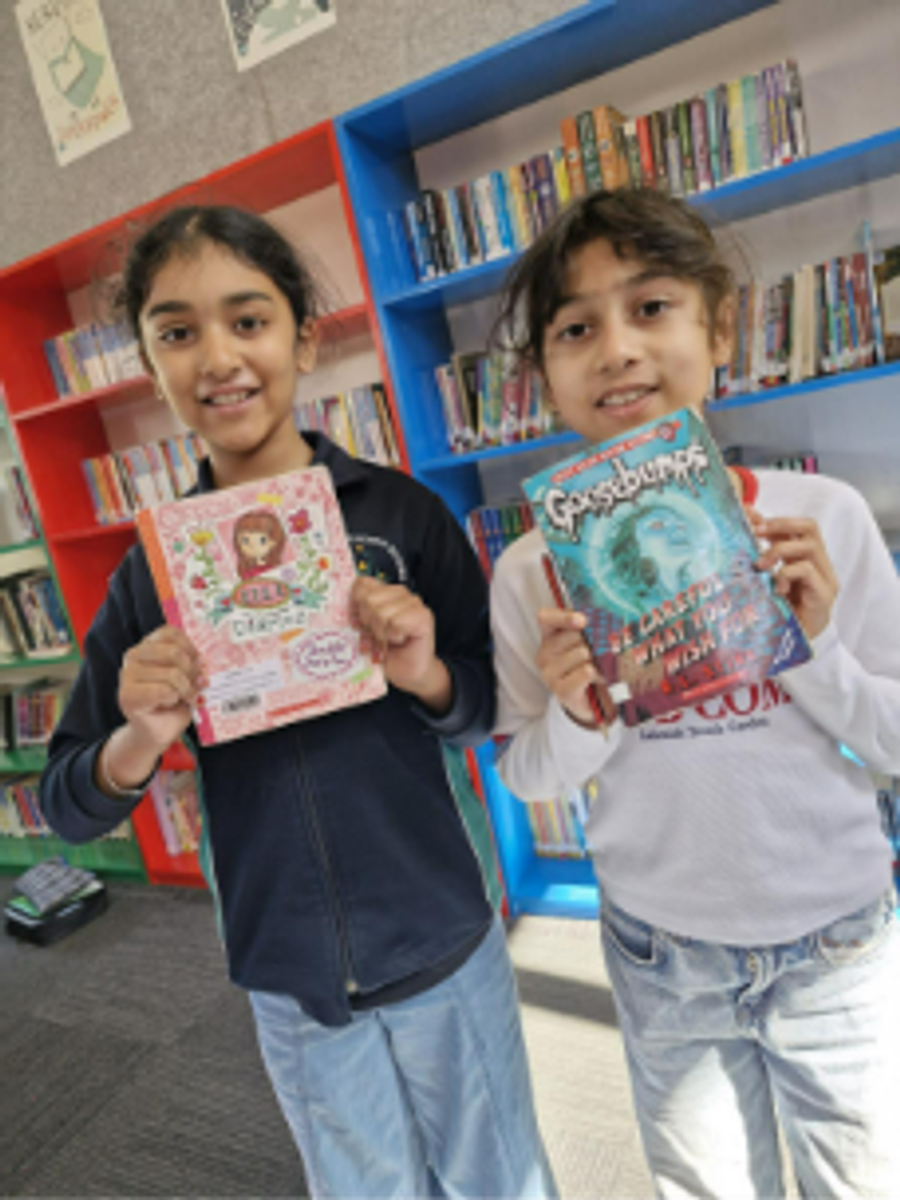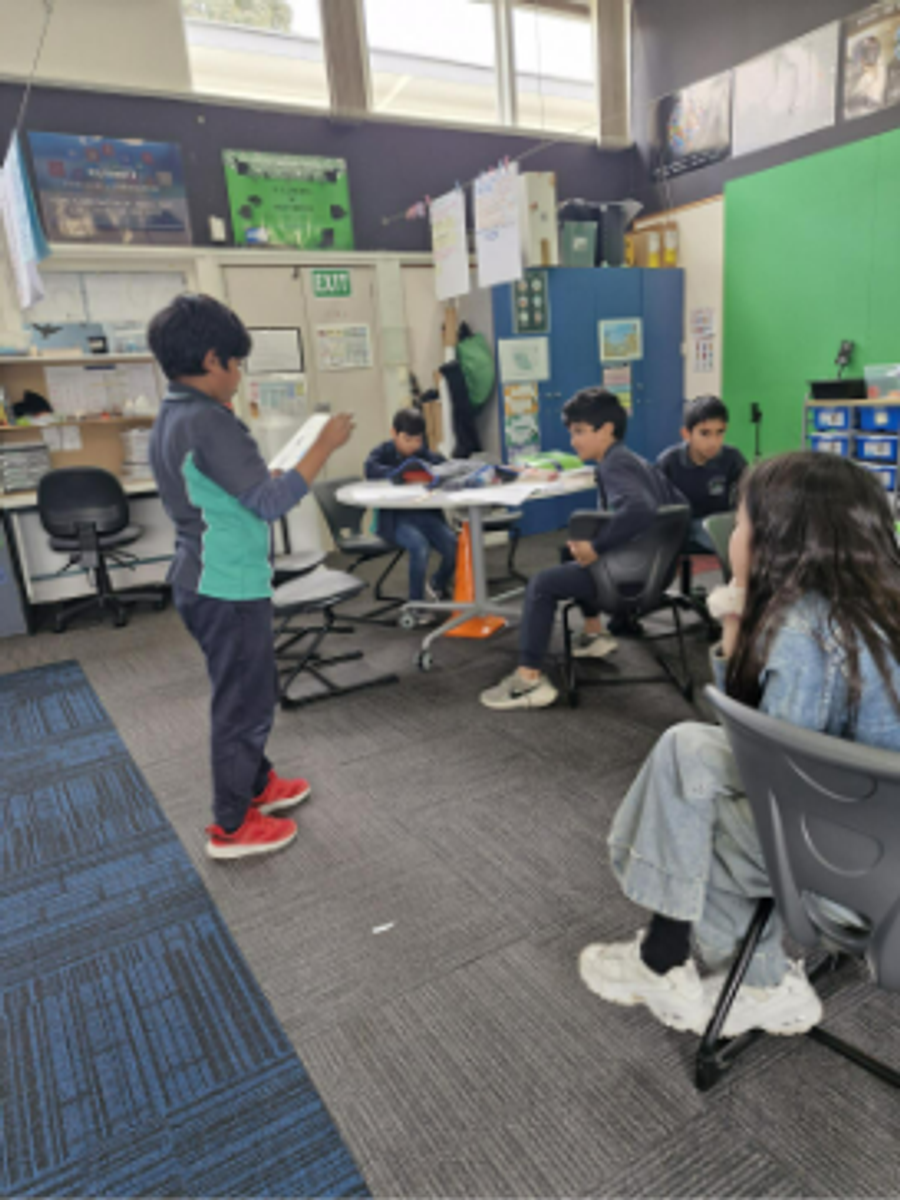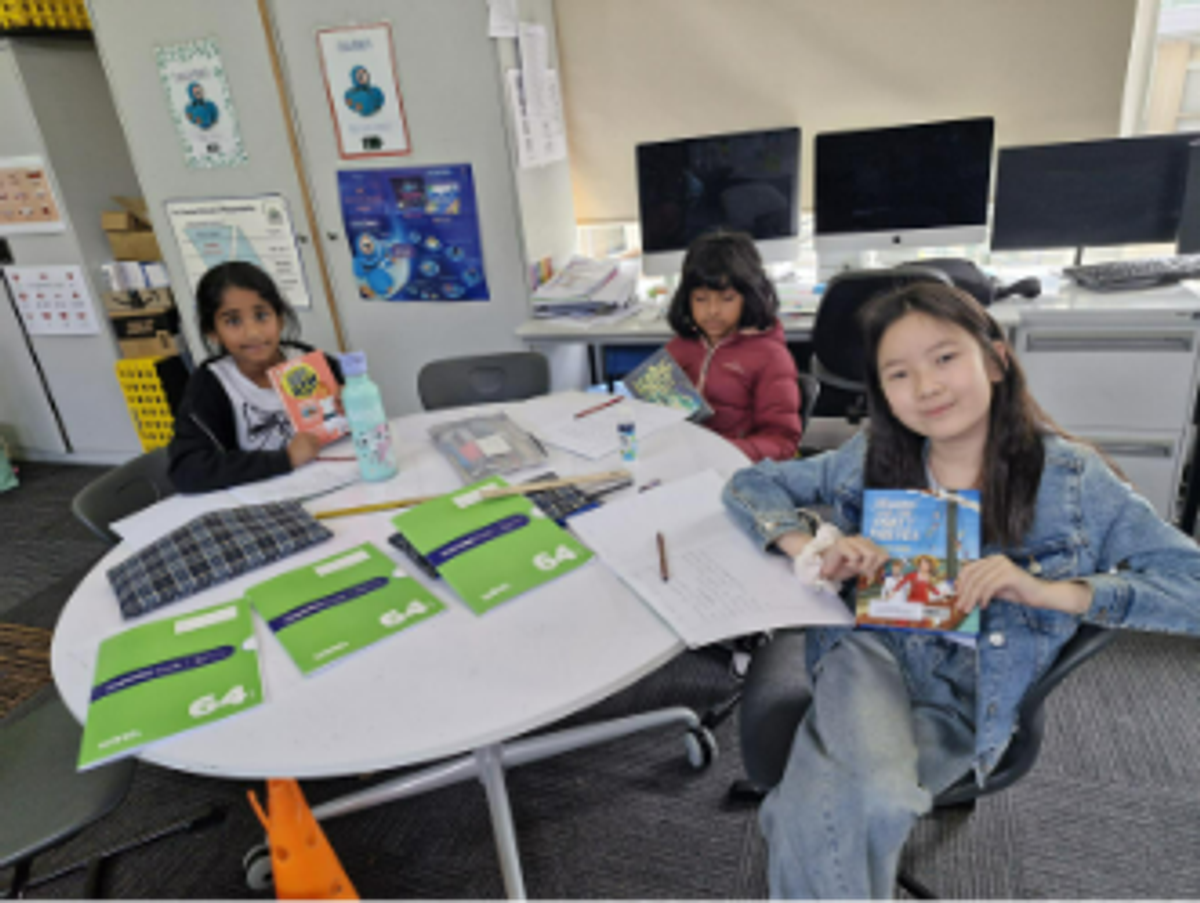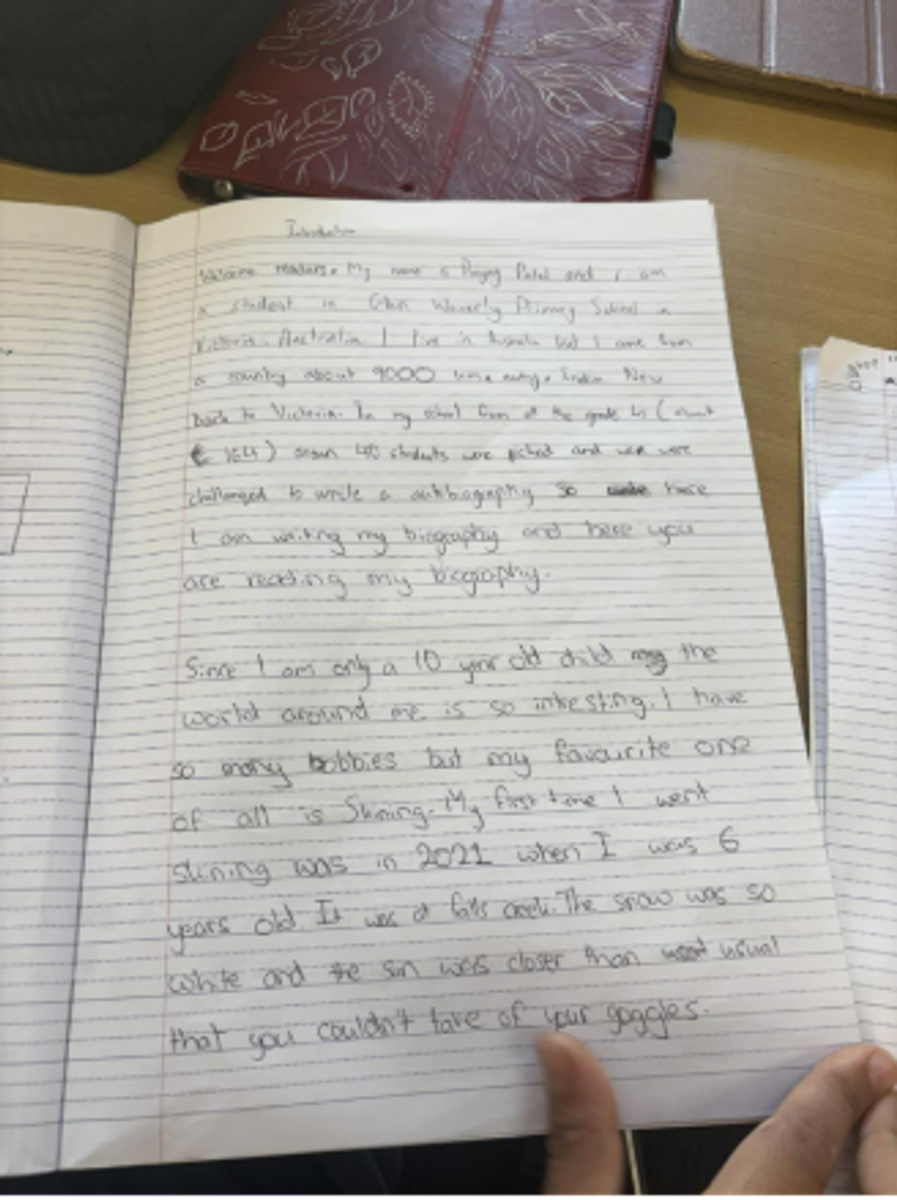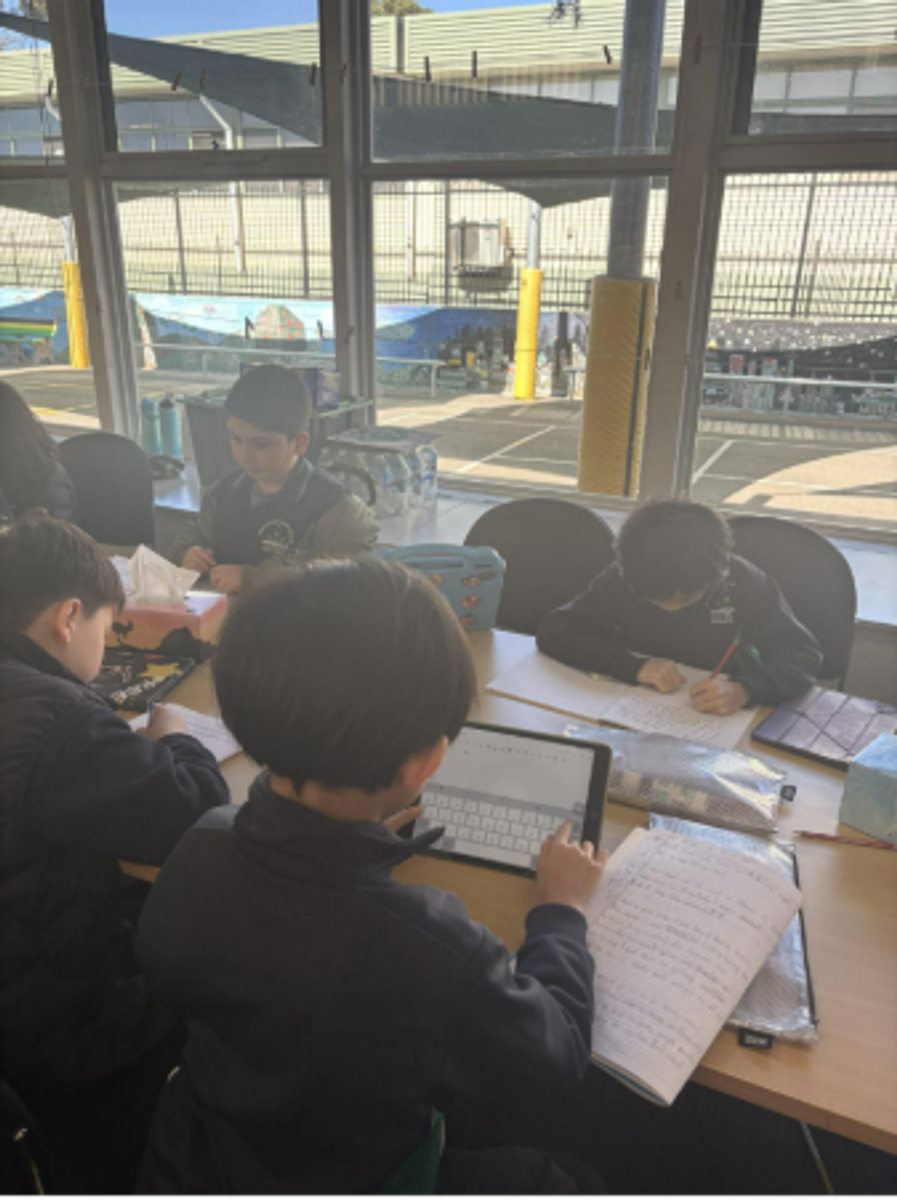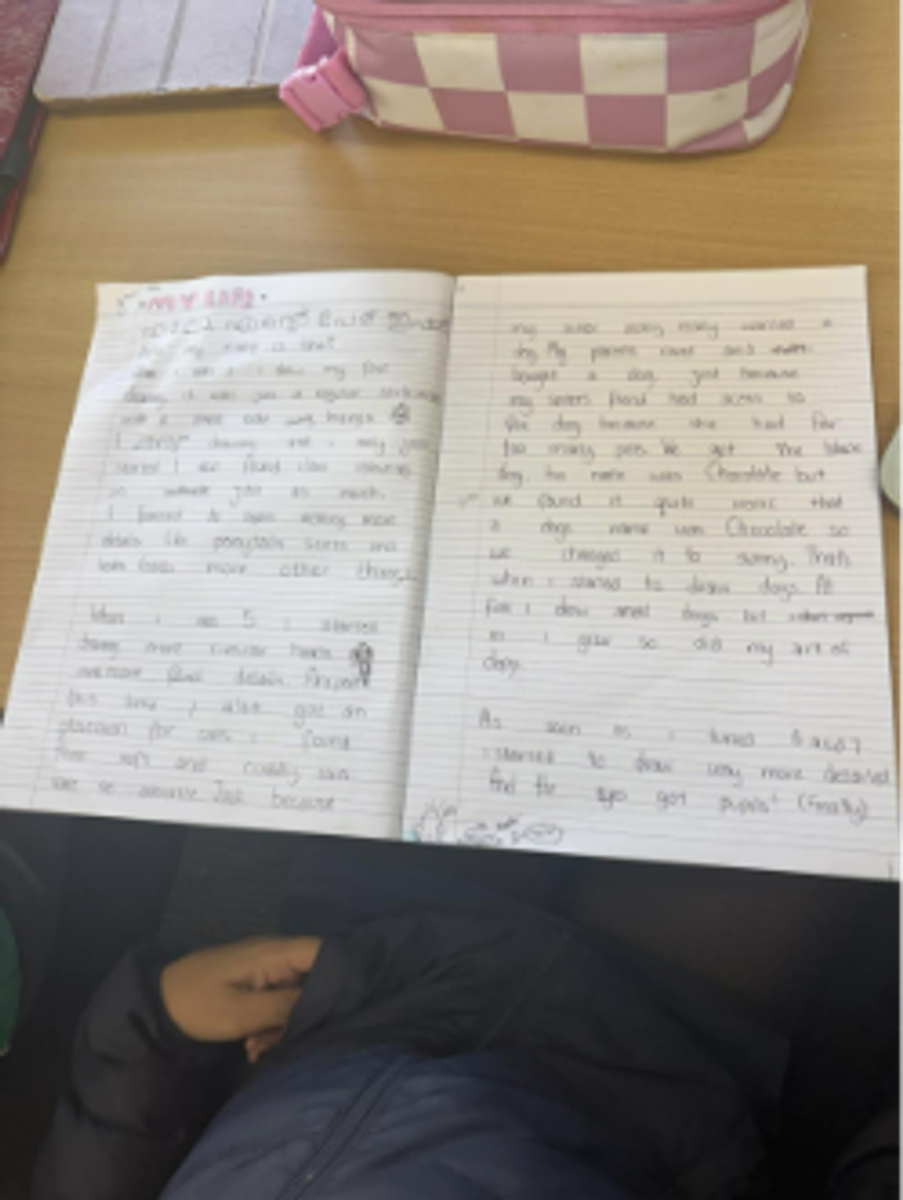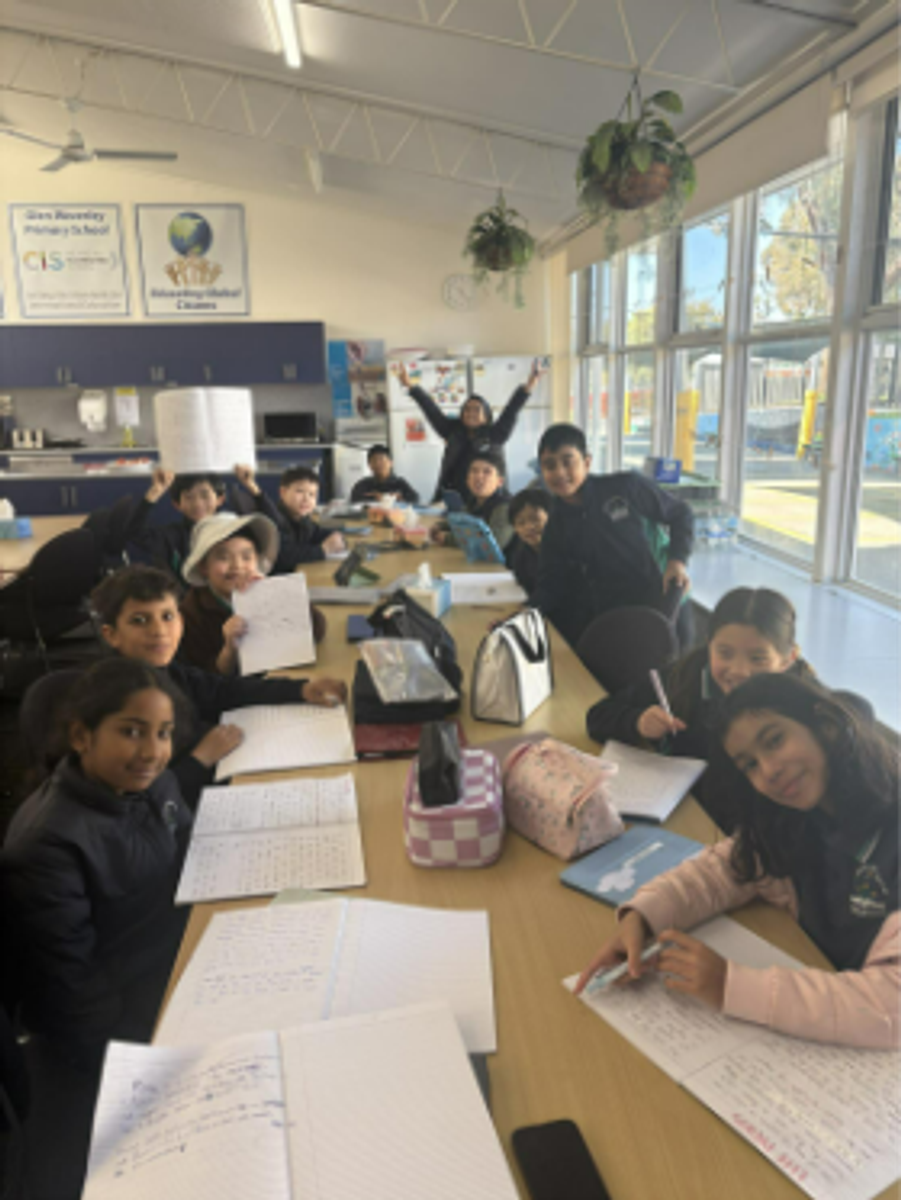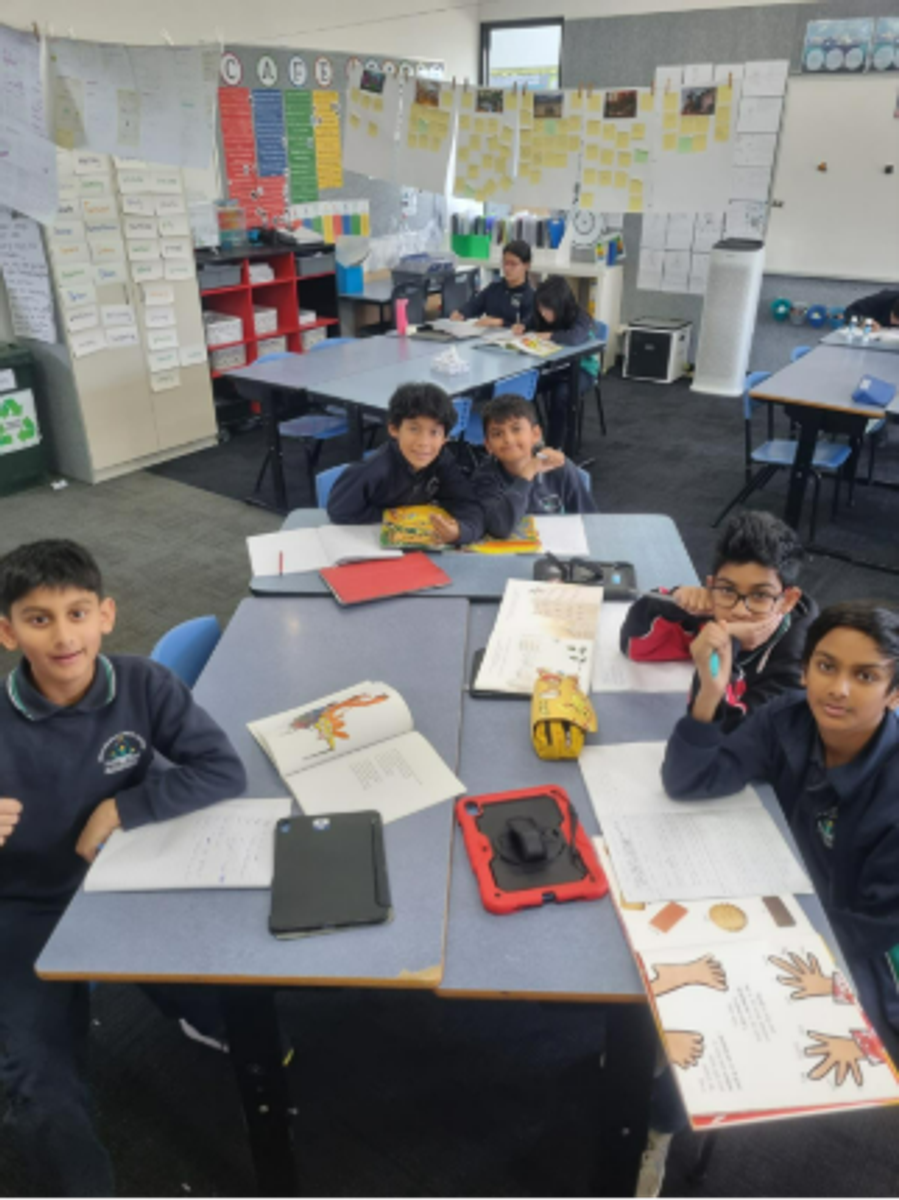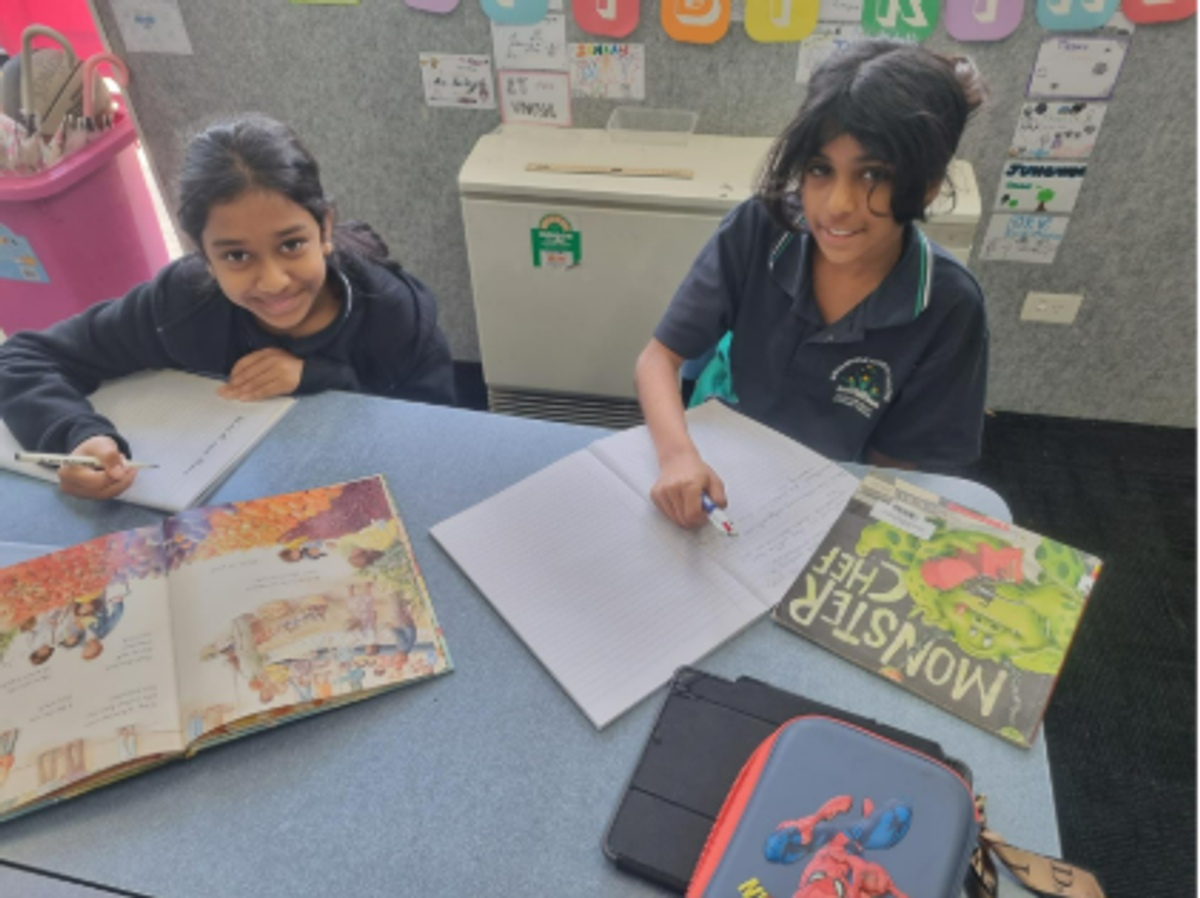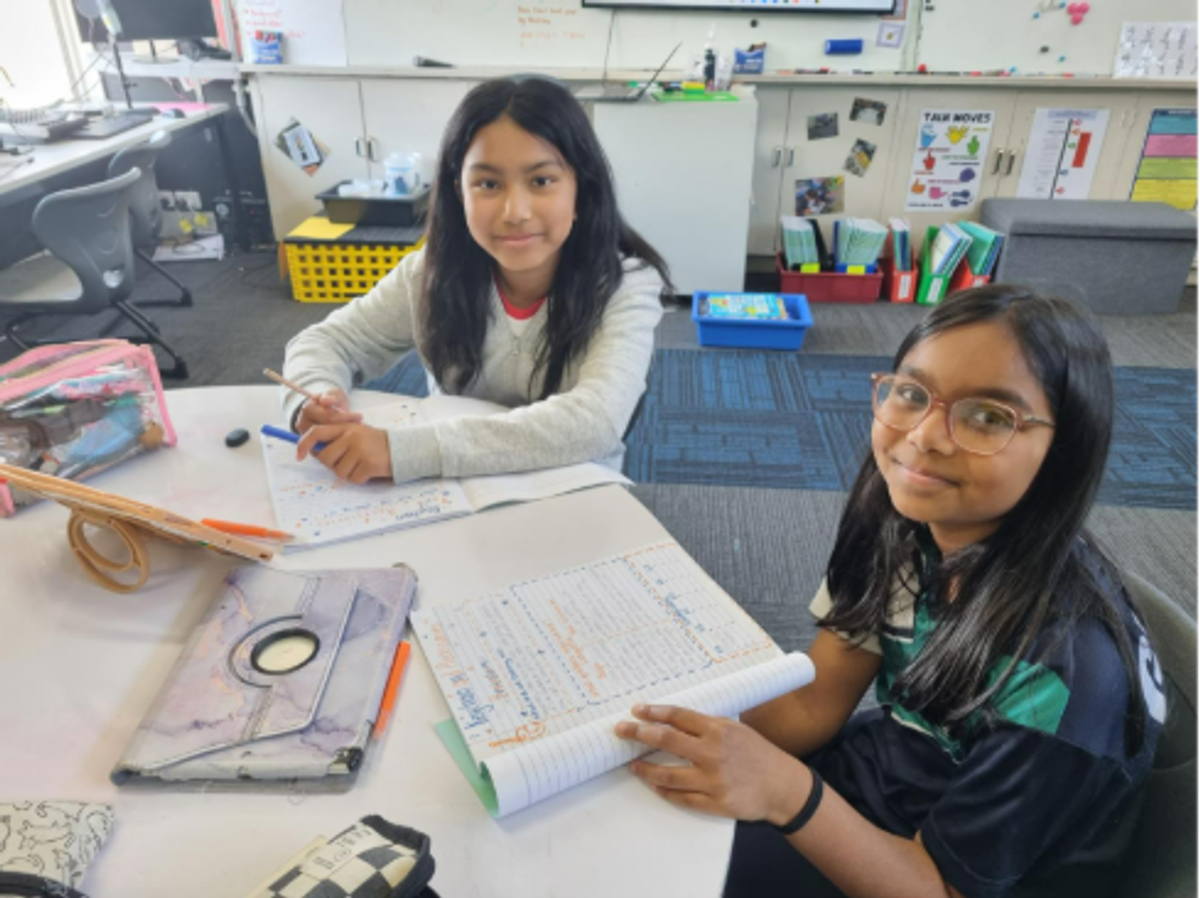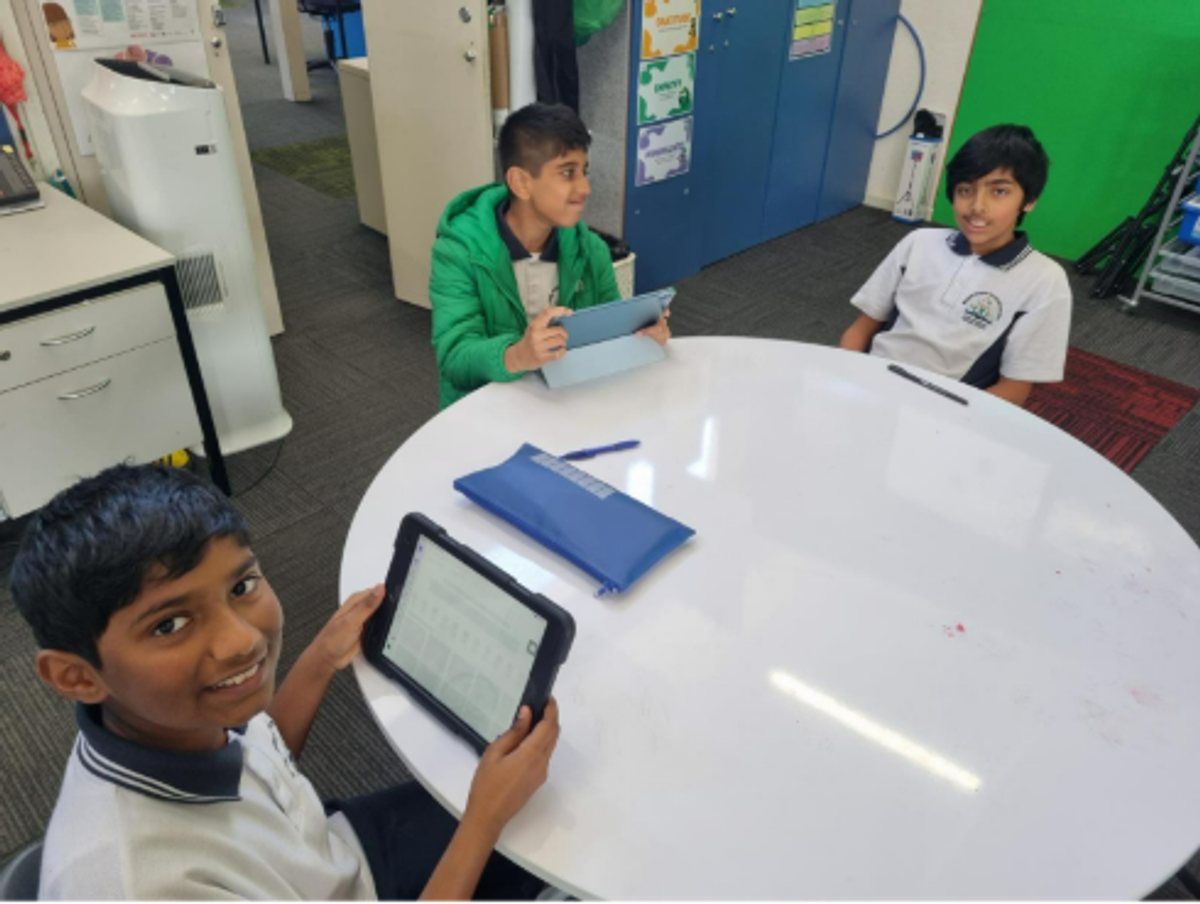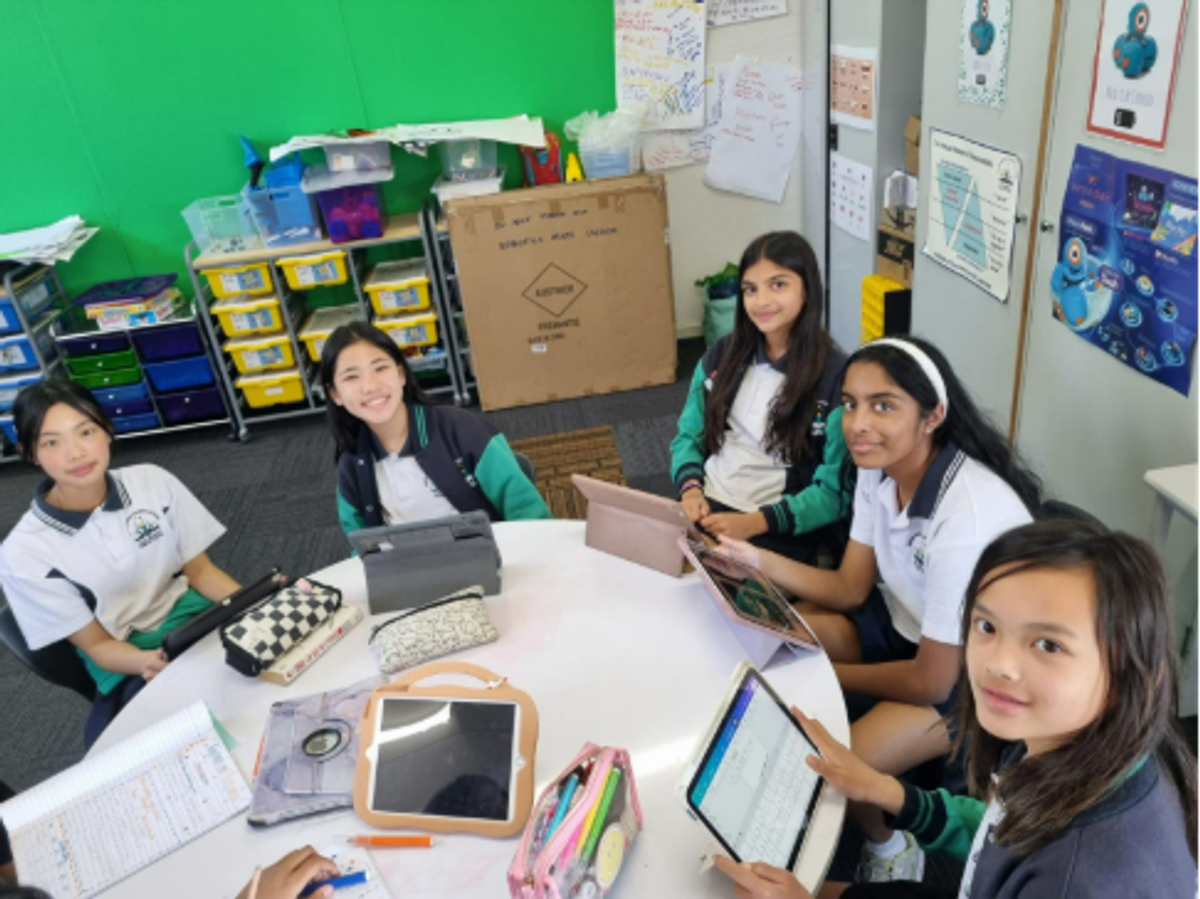English Innovation

Year level: 2
In Term 4, the English Innovators will continue to delve into imaginative and persuasive writing, exploring how stories and ideas can be shaped creatively and critically. Students will engage in learning experiences that strengthen their reading, writing, and speaking skills while applying the traits of the Innovator’s Mindset, including curiosity, creativity, reflection, and collaboration. Through analysis of writing pieces, planning, drafting and revising, the skills required to address the writing criteria of NAPLAN will be set up. The focus will be on developing strong vocabulary, clear sentence structure, text cohesion, and confident communication. This term will also provide opportunities for students to reflect on their growth as innovative communicators.
Year level: 3
During Term 4, the focus for the English Innovators will be on co-creating a narrative. Using student voice, the learners have expressed a desire to enhance their visualising skills to assist the reader in painting a picture in their mind. Through examining modelled text, students will have the opportunity to draw on the writing features and techniques (including visualising) of quality literature and transfer their understanding to a group narrative. The traits of an Innovator will be embedded in the unit with a strong focus on the collaborative elements of listening to, learning from and valuing the perspectives of others.
Year level: 4
This term, Year Four English Innovators will be continuing and finalising their autobiographies. As they reflect on their life experiences, achievements, and goals, they’ll also be exploring the elements of the Innovator’s Mindset to help them think deeply, take creative risks, and see themselves as lifelong learners.
The Innovator’s Mindset encourages students to be curious, adaptable, and reflective. Through this approach, we’re helping students understand that innovation isn’t only about inventing new things — it’s about improving ideas, learning from mistakes, and sharing their unique voices with confidence.
Alongside this, students will be working within the Year Five Writing Curriculum, focusing on:
- Structuring their ideas clearly and effectively
- Developing engaging characters, settings, and events
- Using precise vocabulary and correct spelling, grammar, and punctuation
- Editing and revising to strengthen their writing
- Writing for different audiences and purposes
As students write their autobiographies, they’ll learn how to tell their stories with both creativity and clarity, while building the skills to express themselves powerfully through words.
Looking ahead, we’re also beginning to prepare students with the skills they’ll need for the 2026 NAPLAN Reading and Writing assessments. This includes developing:
- Reading comprehension and stamina - understanding longer texts and identifying key ideas
- Critical thinking - analysing how authors use language and structure
- Inference skills - reading between the lines to find deeper meaning
- Writing organisation and cohesion - using a stimulus to craft clear, well-structured narratives and persuasive pieces
Year level: 5
In Term 4, the English Innovator’s will continue to hone their creative writing skills by further enhancing their scripts from last term. As they complete their stage adaptation of their picture storybooks, they will then explore how to create a theme song for their stage play. To do so, the Innovator’s will deepen their understanding of poetic devices and techniques and how these are used by lyricists to create songs that are not only catchy and memorable, but also thematic and deep in meaning. Using techniques such as imagery, figurative language and rhyme, the students will create a one-of-a-kind song that aligns with the messaging of their stage play and enhances the overall performance of their hypothetical show.
Year level: 6
Continuing the theme of journalism from Term 3, in Term 4 the English Innovator’s will explore how this literacy field has evolved through the introduction of new media technologies. A key focus will be on podcasts and how podcasts are used as a vehicle to raise issues, report events and advance opinions within the wider community as an increasingly familiar form of media journalism. The Innovator’s will be tasked to create their own podcast series centred around issues or topics of interest that generate conversations or challenge societal perceptions. Combining their learnt written journalism skills through the magazine project, the students will report on their chosen issue or topic through multimedia journalism to showcase how their opinions can be communicated through various outlets to reach a wider audience.

